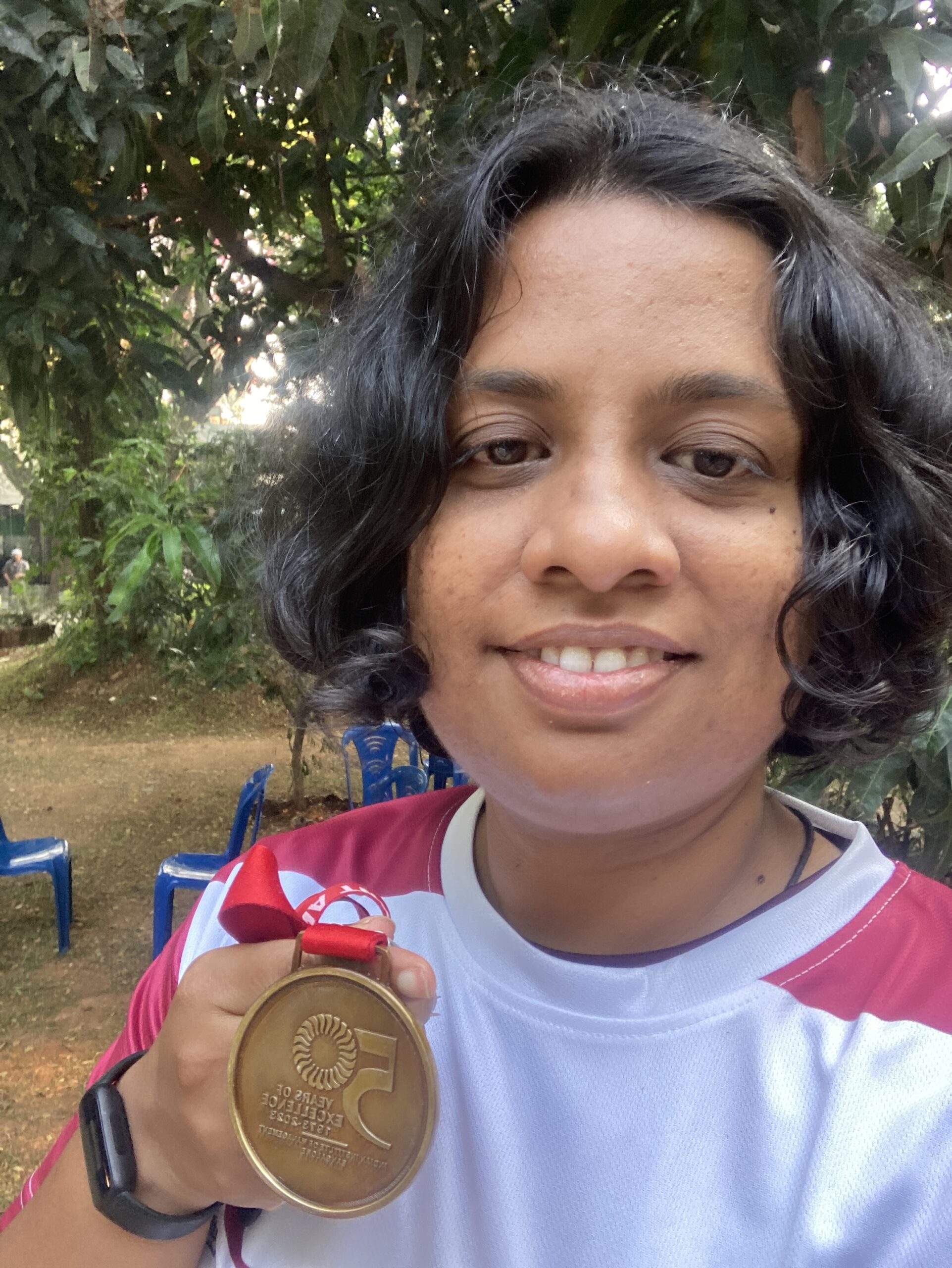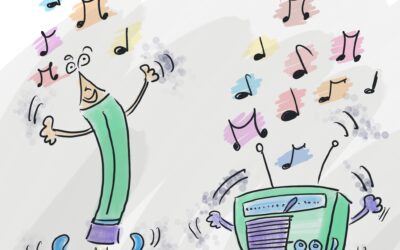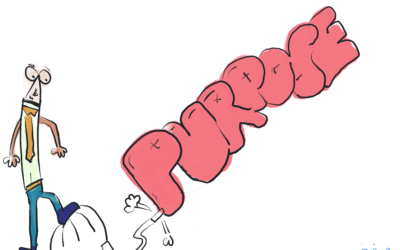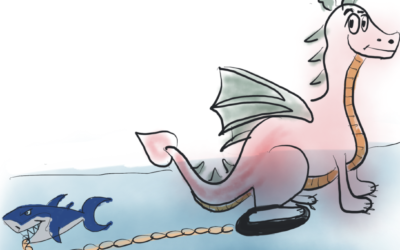What’s money doing in a series on chronic illness and work?
Everything! If you think about it, the most fundamental reason why most of us work is to earn a living. Unless you are worried about losing your job, knee-deep in debt, or struggling to make your daily expenses, money is one of those things that we take for granted. It moves to the background, and it is something that we don’t pay attention to unless we need it and can’t find it. When you are less than healthy, having flexibility with your money becomes essential.
So, what does money get you? Money is a tool of exchange. You can exchange money for three things.
- Time
- Energy
- Choices
Time is vital when you are not well for an extended period.
You need more time in your day to do your exercise, breathing exercises, take care of your nutrition, meditate and many other things. Suddenly, some things become necessary to manage your health daily. Before I focused on my inner life, I had no semblance of a routine in my everyday life. The only constant in the day was that I would need to turn up at work.
As I started working on getting my mind in place, I began introducing and experimenting with new habits in my everyday routine. And, to my surprise, I realised they were time-consuming!
My morning routine, with breaks, now takes up to 2.5 hours daily. The activities add up to two hours, but I have realised I need at least 10 minutes to transition from one activity to the next.
Energy becomes a premium when you have a chronic illness.
While working for my previous employer, I ran on a 20% battery on most days, which depleted quickly if I had any stress during the day. The demands that others have on my time, my work, the goals and the objectives, plus numerous interactions on a day-to-day basis and dealing with office politics, ensured that I was quickly depleted in the first few hours of the day.
I can see the difference between the time I was working in a corporate job (pre-July 2023) and now when I am self-employed.
Now, I am running at 75% battery on most days, and when I am depleted, I have the autonomy to organise my day in a way that supports my body. I don’t have to force myself to get through a workday when I am unable to.
Choices gain a new meaning when you have a chronic illness.
I wanted to have choices of treatment that were not covered by my health insurance. I wanted choices of work, working hours, location, unplugging off my internet, and number of leaves. I liked to have options in terms of the people I worked with. I wanted choices to not put up with stuff I didn’t have to. I wanted a lot more autonomy regarding my time off and flexibility to schedule them when I wanted to instead of aligning my deliveries, project deadlines and colleagues’ leave schedules.
Also, some choices start getting restricted with chronic illness. Travel became one of those. It would take me weeks to recover from a week’s trip, even if it were a vacation. If I had a meeting late in the evening, it disrupted my biorhythm. Disruption in sleep schedules was taking a massive toll on my body. I had to think carefully and plan well for a trip or a late evening meeting!
Money helps give more flexibility with time, energy and choices.
If you are less than well, with any long-term health condition, this is one area of your life that needs to come to the forefront, even if you seem to be settled for now.
But more money does not always give you flexibility.
Sometimes, you might need to trade off a lower income for more energy, time and choices. You’ve got to understand the sweet spot of money that gives you this flexibility. Beyond a point, trading your time and energy for more money could be detrimental to your health in the short and long term.
Just before I quit my corporate job in 2023, I received a pay hike, and my salary came to a level that I could not even imagine. Finally, the gender pay parity gap was starting to close, and my salary was coming close to that of my peers. In another three years(!) I would have been at par.
The money coming into my account took my breath away
I could guarantee my retirement if I continued to earn this money for at least five years. I would not have to worry about my future anymore. This was important to me as a single woman who doesn’t have a family to fall back on.
But I wanted other things that money couldn’t give me. I was being drawn to spend more time cultivating my meditation practice. I wanted time to let my body be. I wanted to explore my interests without worrying about how many leaves (time off) I had.
I wanted more time, space and ease in my life.
With the uncertainty that comes with living with chronic illness and having just lived through a pandemic, it became clear that some things couldn’t wait for another five years.
My life could not wait till I accumulated a golden nest.
I sat with my financial planner, reviewed my finances and decided I had enough in my freedom fund to take two years off. After six months of just being and enjoying my time and space, I have returned with renewed energy to start Saner Work Life, a dream I had held in a cage for 15 years.
So, coming back to money, there are tradeoffs with time, energy and choices that we make.
These tradeoffs with money need to be brought to awareness and thought about wisely.
If you have a chronic illness, creating a freedom fund, investing money towards your future, managing your expenses, adopting a minimalist attitude in certain areas of life, prioritising your needs and aligning your budget to them, and organising your finances become critical.
I am not a financial planner, but these are the areas I have paid much attention to over the past five years to create financial sufficiency and freedom for myself despite many obstacles.
Your situation will not be the same as mine. None of our situations are. This series of articles gives you a perspective, my experience of what has worked for me, and suggestions you can take away, reflect and adapt to your situation.
We will explore each of these areas in this series on Chronic Illness and Work. If you are not subscribed, do so here. When you subscribe, you will receive the series as and when it is released in your inbox.





